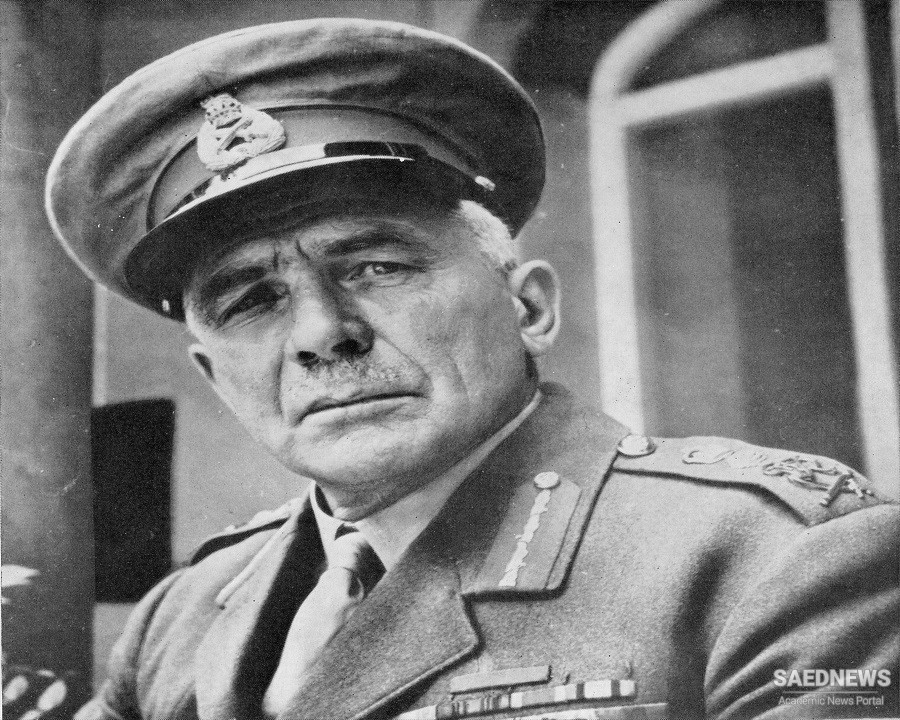Sepahdar had been sincere in promising to convene parliament and to place the Agreement before it. He began to hesitate, however, because he was not sure of the loyalties of even pro-Goverament deputies. He was also apprehensive of the effect it might have on the talks in Moscow. The revelation of the bribe gave him furthèr pause. Sepahdar’s pursuit of Mas’oud (Sarem al Dowleh) to retrieve a portion of the bribe could not have endeared him to pro-Vosouq factions in his own Cabinet nor to the Foreign Office. Norman believed Vosouq, who was in London, had turned Curzon against Sepahdar and asked Lancelot Oliphant, the new head of the Eastern Department and formerly Curzon’s Private Secretary, to ascertain the reasons for Curzon’s distrust of Sepahdar. Oliphant replied that Vosouq had had little to do with it. It was Curzon’s own belief that Sepahdar was an ‘extremely weak m an with no courage’.
The first signs that even Norman was losing patience with Sepahdar came in early January. Norman wrote to Curzon: Sepahdar’s moderate capacity is unequal to the situation produced by the approaching departure of British troops. The withdrawal of the country’s sole protection against Bolsheviks has totally driven him to seek support of demagogues who profess to see Persia’s salvation in an agreement with the Russian Soviet Government... He has gained a high reputation for the negotiations now in progress in Moscow amongst these people but has lost the confidence of the upper and official classes.
Members of his Cabinet complained of a lack of consultation and hence some have turned against him and want him out of office. ‘He honestly means to open the Parliament, but is doubtful the deputies will have the courage to attend in face of intimidation. He refuses to silence or exile vocal opponents of the Agreement.’ At the end Norman elicited the reaction of Curzon as to whether he would have any objection to Sepahdar being forced out of office and a ‘strong reactionary prime minister’ installed in his place. Curzon supported the idea to revert to a ‘strong reactionary prime minister’ and instructed Norman to consult Firouz. The advent of a strong Cabinet would be welcome, either for the purpose of conducting the affairs of the country from Tehran, or, should evacuation of the Capital become necessay, to provide a rallying point at Ispahan'. Norman in desperation also suggested an incongruous cabinet including Farmanfarma, whom he had deprecated since arrival but nevertheless credited with possessing ‘energy and experience’, and Mostofi, who was ‘popular and respected’. Curzon m ust have been amused by the suggestion. There is no record of his having commented to Norman on his proposal but at a subsequent Cabinet meeting he caustically had remarked, ‘Mr Norman has now accomplished the complete circle, having come back to one of the corrupt triumvirate, Firouz, of Sir Percy Cox’s days’.


 Failed Sepahsalar Administration
Failed Sepahsalar Administration














































